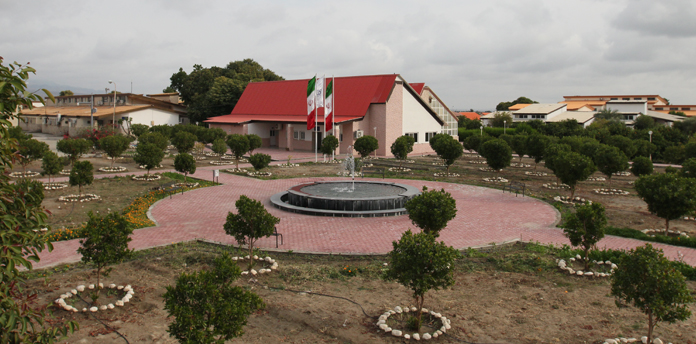
Producers
and consumers of agricultural products are faced with conditions that are
constantly changing. Given the importance of agricultural production in the
food security of society and the need to pay attention to the economic
dimensions of production; agricultural economics as one of the branches of
agricultural sciences along with other agricultural disciplines were gradually
introduced to aid with its continual progress and evolution. Nowadays, it has
been aggregated and delivered to the enthusiasts of science and agricultural
society in the form of a coherent and modern knowledge in higher education and
research centers. Agricultural economics engineers implement macroeconomic
rules in the agricultural sector in order to make the most efficient use of
available facilities and resources and make the most profit. The purpose of
creating this field is to train specialized experts who, in addition to
agricultural knowledge, have learned the principles of economics and can use
their experience and knowledge in the field of planning and preparing
production plans for agricultural products.
They can further provide economic evaluation and also communicate with
agricultural development programs/organizations to plan/operate economically.
The ability to plan and communicate on projects efficiently is one of the key
indicators of the importance of agricultural economics.
Agricultural
economics refers to a set of sciences and methods that discuss the economic
factors affecting agricultural affairs; including factors of agricultural
production and agricultural development. The purpose of creating this field is
to train specialized and efficient personnel who can rely on their knowledge
and scientific reserves and practical experiences in agricultural economics to prepare
and formulate agricultural development plans and their economic evaluation at
different regional or national levels. Also, by using quantitative analysis
methods and providing mathematical models to provide appropriate solutions in
solving problems such as production, distribution or introduction of food and
raw materials. Agricultural economists can also collaborate in educational and
research activities related to agricultural economics.
This
field at University of Jiroft has been licensed by the Development Council of
the Ministry of Education at the undergraduate level since September 2011. This
department has 5 faculty members with the rank of assistant professor in
various specialties of agricultural economics, rural development and natural resources
economics who are training students in various specialties of agricultural
economics, rural development and natural resources economics.